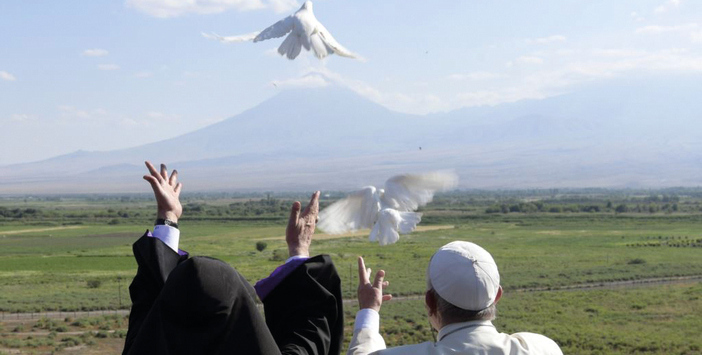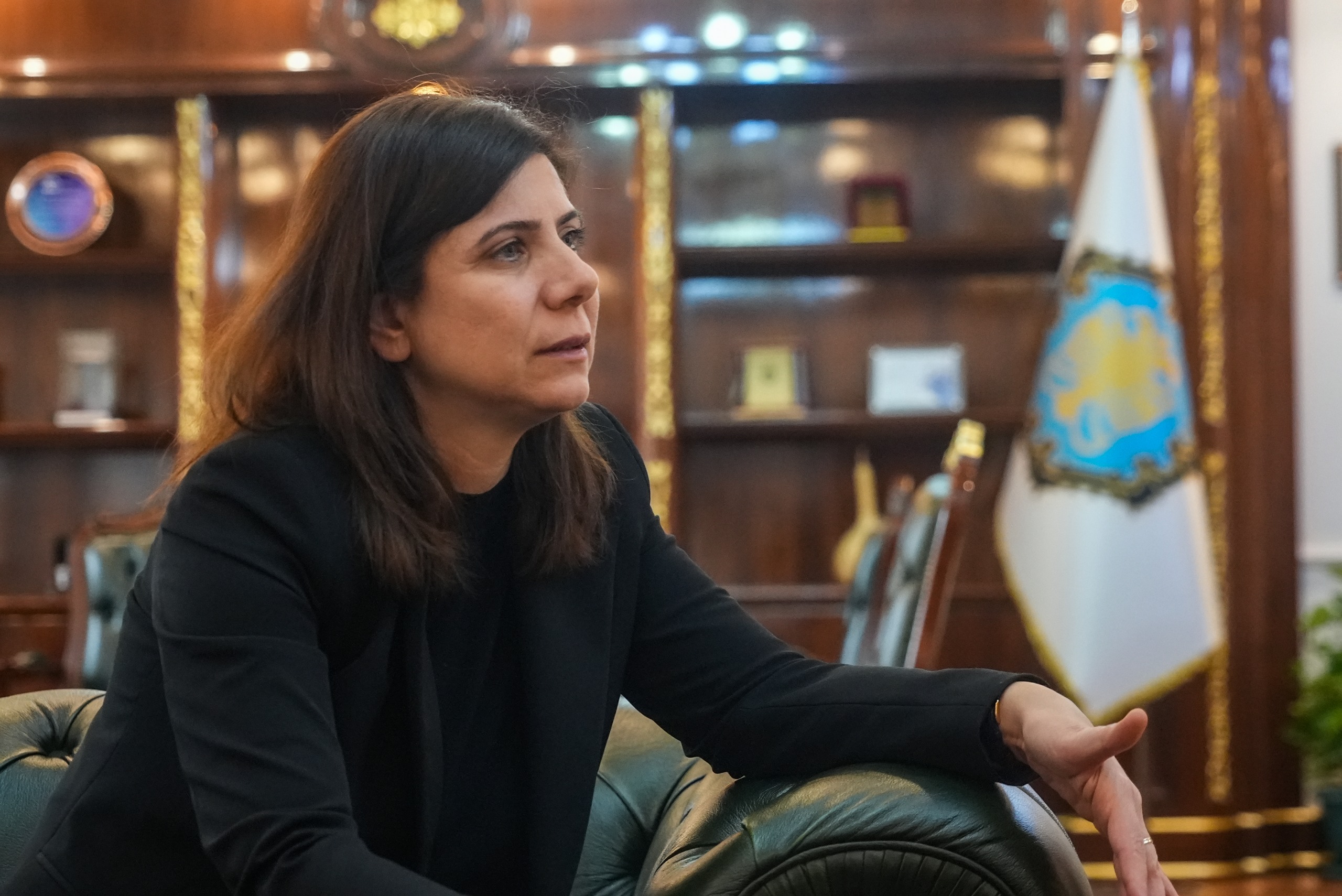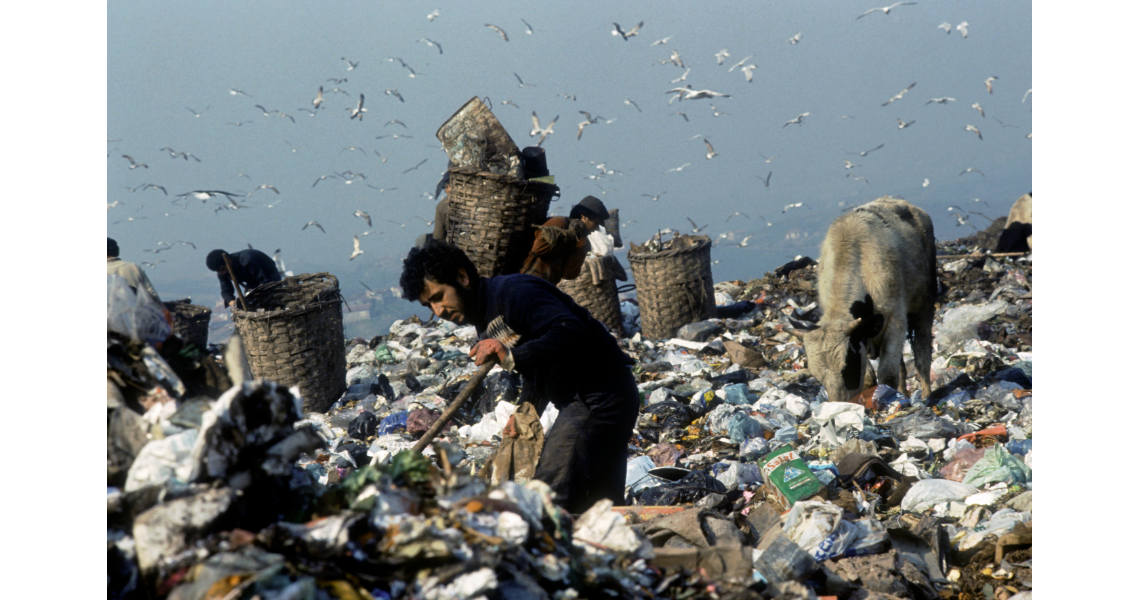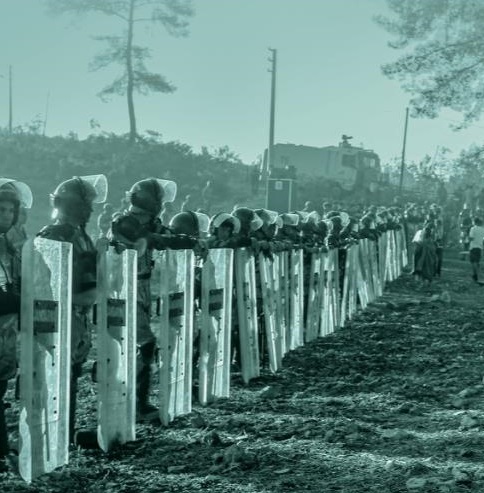Richard Giragosian, Director of Regional Studies Center based in Yerevan, assessed Pope's messages that he conveyed during his visit to Armenia and the recent developments in the region. This article is also the first of Giragosian's analysis and articles that he will be writing for Agos.
For
Turkey, the past ten days have been a difficult, tense and
challenging period. As Turkey recovers from a deadly and tragic
terrorist attack, that devastating loss of life has quickly overtaken
an earlier round of foreign policy developments.
Although it is clearly difficult to focus on anything other than grief and mourning in the aftermath of the terrorist attack, there were equally significant challenges facing Turkish foreign policy, with wider implications.
The pre-attack period was marked by a significant breakthrough in the “normalization” of relations between Turkey and Israel. Following months of secret diplomacy in Rome, the complicated and tense relationship with Israel was seriously repaired and restored. And at the same time, in an even more surprising development, Turkish President Erdogan extended an uncharacteristically open and constructive apology to Russia. Although the move was tied to a series of overtures and outreach to Moscow by Ankara, the apology was seen as an important sacrifice of pride over prejudice.
In both cases, a new chapter of Turkish foreign policy, with a new team taking over at the Foreign Ministry in Ankara, has opened with two quick victories.
Yet the deeper challenge came neither from pleasing Russia nor from appeasing Israel. Rather, the more difficult development for Turkish foreign policy stemmed from the Pope’s visit to Armenia. For the second time, the Pope stood up and spoke up over the Armenian genocide issue, acting against expectations and ignoring the advice of his advisors.
But the Pope’s message on the genocide was not simply to defend the morality of speaking out on the 1915 events or to confront Turkey. It was also a message of hopeful optimism and constructive engagement, evident in his highly symbolic act of releasing doves of peace and reconciliation from the closed Armenian side of the border with Turkey. And with the sincerity of the act, defending the overture of peace of the doves, rather than the severity of the message of a confrontational hawk, the Papal diplomacy also conveyed the Armenian side to engage Turkey, to face the past, together and in a spirit of sincerity and goodwill.
While such a move also underlined Turkey’s breakthrough with both Israel and Russia, the need for returning and recommitting to the “normalization” process with Armenia is now clear. And in the wake of the grief and mourning over the latest terrorist attack, Turkey has many more friends than enemies. But the time is to counter the hatred and violence of terrorism together, facing the past but building a future with Armenia. And a time to welcome home the Pope’s doves of peace.





